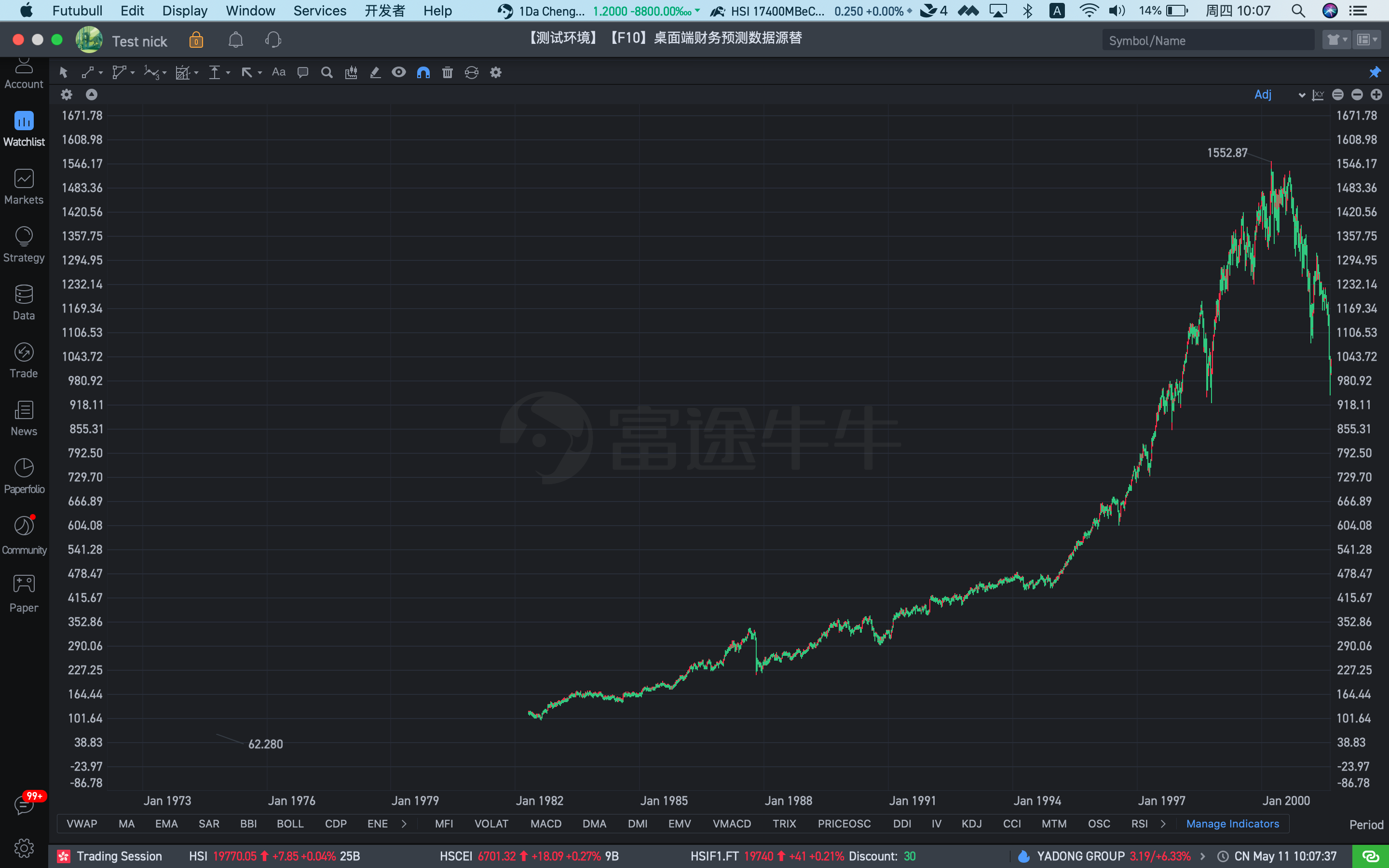If you want to compound wealth in the stock market, you can do so by buying an index fund. But you can significantly boost your returns by picking above-average stocks. For example, the China Life Insurance Company Limited (HKG:2628) share price is up 50% in the last 1 year, clearly besting the market return of around 20% (not including dividends). That's a solid performance by our standards! The longer term returns have not been as good, with the stock price only 13% higher than it was three years ago.
So let's assess the underlying fundamentals over the last 1 year and see if they've moved in lock-step with shareholder returns.
While the efficient markets hypothesis continues to be taught by some, it has been proven that markets are over-reactive dynamic systems, and investors are not always rational. By comparing earnings per share (EPS) and share price changes over time, we can get a feel for how investor attitudes to a company have morphed over time.
 During the last year China Life Insurance grew its earnings per share (EPS) by 124%. This EPS growth is significantly higher than the 50% increase in the share price. Therefore, it seems the market isn't as excited about China Life Insurance as it was before. This could be an opportunity. The caution is also evident in the lowish P/E ratio of 4.40.
During the last year China Life Insurance grew its earnings per share (EPS) by 124%. This EPS growth is significantly higher than the 50% increase in the share price. Therefore, it seems the market isn't as excited about China Life Insurance as it was before. This could be an opportunity. The caution is also evident in the lowish P/E ratio of 4.40.
The graphic below depicts how EPS has changed over time (unveil the exact values by clicking on the image).

We're pleased to report that the CEO is remunerated more modestly than most CEOs at similarly capitalized companies. But while CEO remuneration is always worth checking, the really important question is whether the company can grow earnings going forward. Dive deeper into the earnings by checking this interactive graph of China Life Insurance's earnings, revenue and cash flow.
What About Dividends?
It is important to consider the total shareholder return, as well as the share price return, for any given stock. The TSR is a return calculation that accounts for the value of cash dividends (assuming that any dividend received was reinvested) and the calculated value of any discounted capital raisings and spin-offs. So for companies that pay a generous dividend, the TSR is often a lot higher than the share price return. As it happens, China Life Insurance's TSR for the last 1 year was 59%, which exceeds the share price return mentioned earlier. This is largely a result of its dividend payments!
A Different Perspective
We're pleased to report that China Life Insurance shareholders have received a total shareholder return of 59% over one year. Of course, that includes the dividend. There's no doubt those recent returns are much better than the TSR loss of 3% per year over five years. The long term loss makes us cautious, but the short term TSR gain certainly hints at a brighter future. While it is well worth considering the different impacts that market conditions can have on the share price, there are other factors that are even more important. Consider for instance, the ever-present spectre of investment risk. We've identified 2 warning signs with China Life Insurance (at least 1 which makes us a bit uncomfortable) , and understanding them should be part of your investment process.
We will like China Life Insurance better if we see some big insider buys. While we wait, check out this free list of undervalued stocks (mostly small caps) with considerable, recent, insider buying.
Please note, the market returns quoted in this article reflect the market weighted average returns of stocks that currently trade on Hong Kong exchanges.
Have feedback on this article? Concerned about the content? Get in touch with us directly. Alternatively, email editorial-team (at) simplywallst.com.
This article by Simply Wall St is general in nature. We provide commentary based on historical data and analyst forecasts only using an unbiased methodology and our articles are not intended to be financial advice. It does not constitute a recommendation to buy or sell any stock, and does not take account of your objectives, or your financial situation. We aim to bring you long-term focused analysis driven by fundamental data. Note that our analysis may not factor in the latest price-sensitive company announcements or qualitative material. Simply Wall St has no position in any stocks mentioned.


